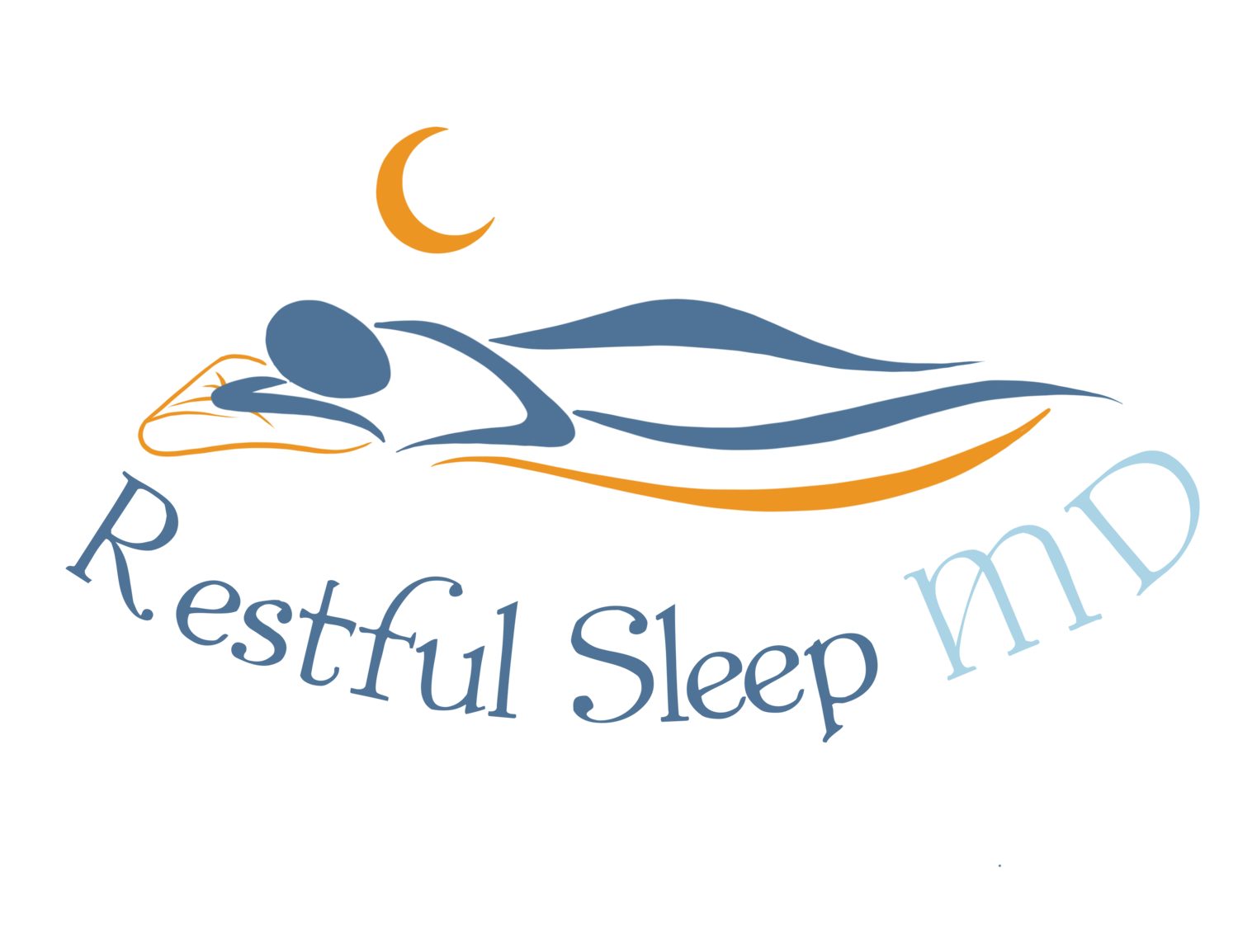How a Circadian Rhythm Disorder Can Disrupt Your Sleep
Your body operates on an internal clock—called the circadian rhythm—that regulates when you sleep and wake. But when this rhythm falls out of sync with your environment or daily schedule, the result is more than just a restless night. Circadian rhythm disorders can cause ongoing sleep disruptions that impact your focus, mood, energy, and long-term health. At Restful Sleep MD in Philadelphia, PA, Dr. Funke Afolabi-Brown offers expert, personalized care to help patients identify and treat these often-overlooked conditions.
Understanding Circadian Rhythm Disorders
Circadian rhythm disorders occur when your natural sleep-wake cycle becomes misaligned with societal norms, work hours, or daylight cues. This misalignment can make it difficult to fall asleep, stay asleep, or wake up at times that support a functional lifestyle.
These disorders are especially common among shift workers, frequent travelers, teenagers, and individuals with irregular routines, but they can affect anyone. Common symptoms of circadian rhythm disorders include:
Difficulty falling asleep or waking up at desired times
Excessive daytime sleepiness
Interrupted or non-restorative sleep
Mood changes, irritability, or brain fog
Trouble concentrating at school or work
If these symptoms sound familiar, it’s time to get expert support
Types of Circadian Rhythm Disorders We Treat
At Restful Sleep MD, we provide comprehensive care for a wide range of circadian rhythm issues, including:
Delayed Sleep Phase Disorder (DSPD): You can’t fall asleep until very late at night and struggle to wake up in the morning—even if you’ve had enough sleep.
Advanced Sleep Phase Disorder (ASPD): You feel sleepy in the early evening and wake up in the early morning hours, disrupting your ability to stay active later in the day.
Shift Work Sleep Disorder: Night shifts or rotating work hours throw off your natural rhythm, leading to fatigue, insomnia, and poor sleep quality.
Jet Lag Disorder: Traveling across time zones leaves your body out of sync, resulting in temporary—but often intense—sleep disturbances.
Non-24-Hour Sleep-Wake Disorder: Most common in people who are blind, this condition causes your sleep and wake times to shift a little later each day.
Our Approach to Treatment in Philadelphia, PA
Dr. Brown, a PENN-trained sleep medicine specialist, takes a concierge, patient-centered approach to every treatment plan. Here’s how we help:
Diagnosis begins with a comprehensive evaluation of your sleep patterns and medical history to identify underlying disruptions. We may ask you to track your sleep using detailed diaries or wearable devices (actigraphy) that monitor your rest over time. In some cases, advanced testing such as polysomnography—a full overnight sleep study—may be recommended to rule out other sleep disorders and provide a clearer picture of your condition.
Once diagnosed, our treatment options include:
Chronotherapy: Gradual shifts in sleep time to reset your internal clock
Light Therapy: Timed light exposure to realign circadian signals
Medication: Melatonin and other carefully prescribed aids
Lifestyle Support: Personalized coaching on sleep hygiene and scheduling
You’ll receive one-on-one care, direct access to Dr. Brown between appointments, and regular follow-ups to adjust your plan as needed.
Start Sleeping Better in Philadelphia
If your sleep doesn’t match your life, it could be a circadian rhythm disorder—and you don’t have to live with it. At Restful Sleep MD in Philadelphia, we combine medical expertise with personalized care to get your rhythm (and your rest) back on track.
Schedule your consultation with Dr. Funke Afolabi-Brown today and reclaim your energy, focus, and sleep.



